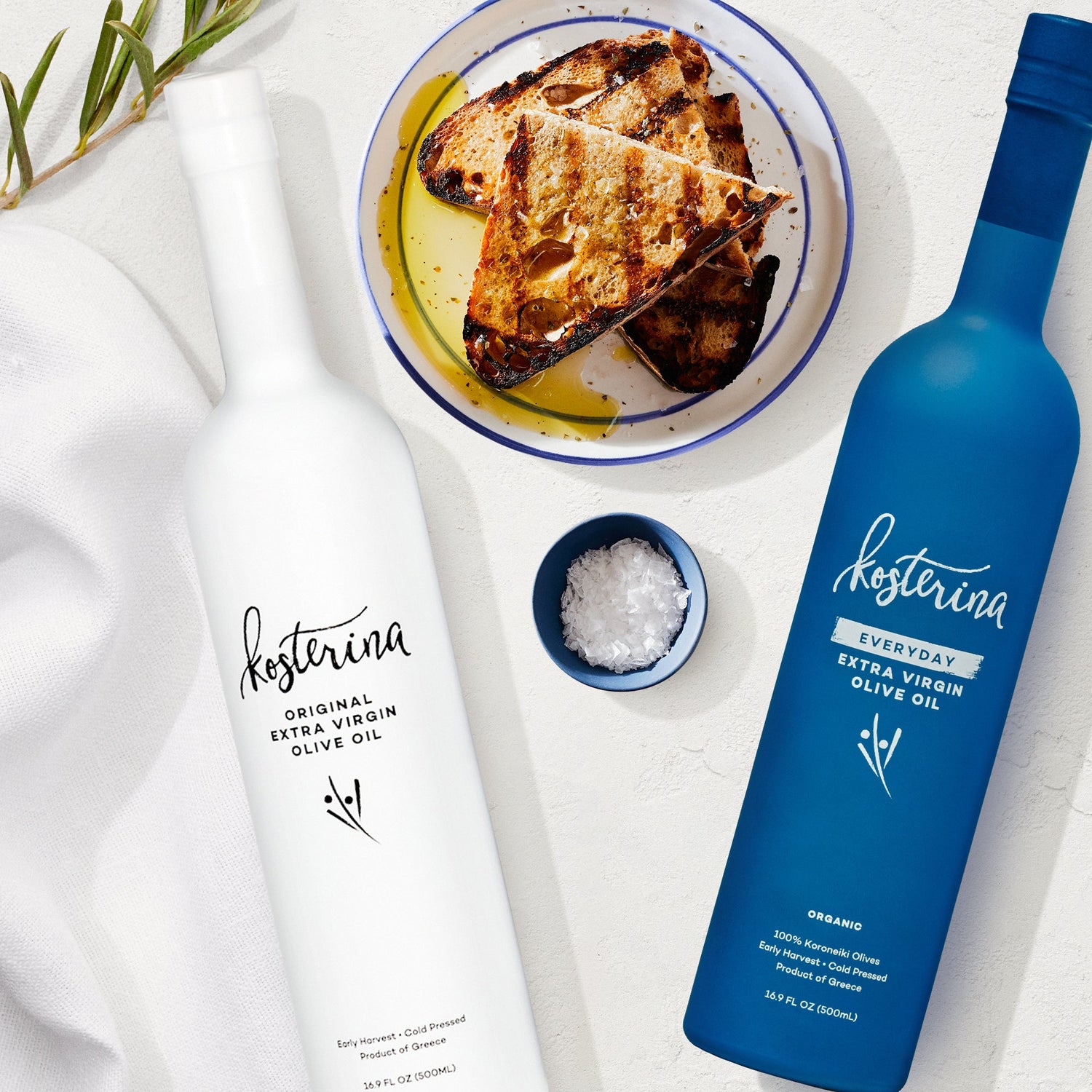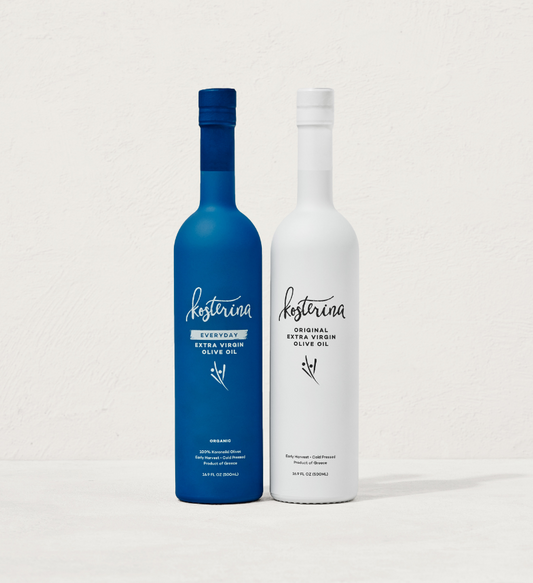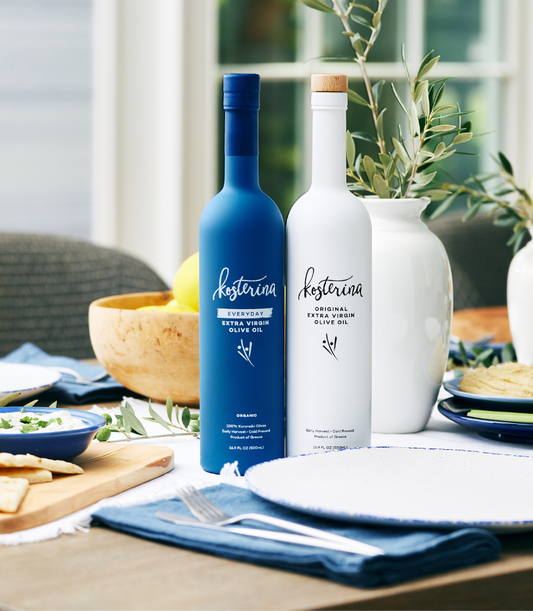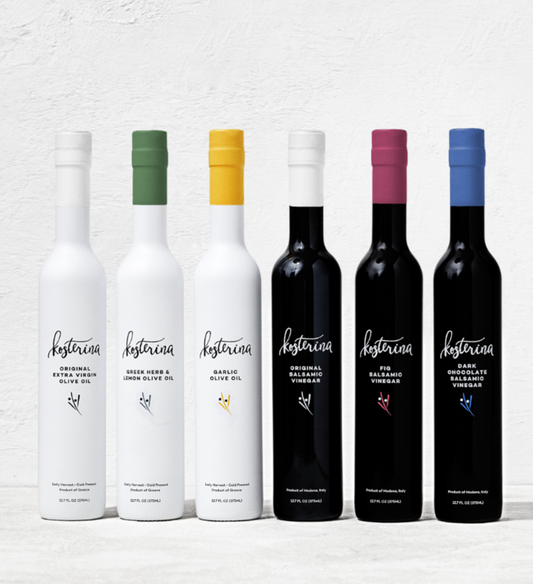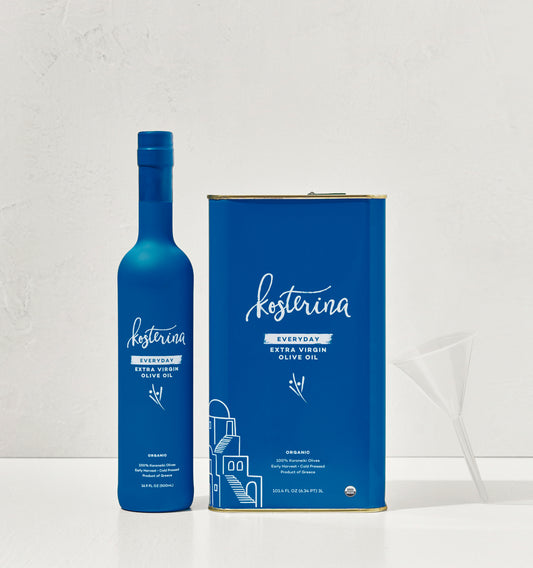On September 23, 2024, the U.S. Senate held a landmark roundtable on chronic disease and nutrition that felt less like the typical political rhetoric and more like a wake-up call to the state of our health. It was 4 hours of eye opening revelations and truths of the US food industry that is harming the health of all US citizens and targeting our children. Chronic diseases like diabetes, heart disease, and obesity are rising at an alarming rate. And, as the hearing highlighted, much of it can be traced back to what’s on our plates. You can watch the full replay here but we are going to break down some of the biggest takeaways below.
The session was filled with some of the brightest minds in health and nutrition, all eager to challenge the status quo and spark real change. At the forefront of the discussion were Dr. Casey Means, a medical doctor and co-founder of Levels Health, Max Lugavere, a well-known health advocate and best-selling author, and Vani Hari, a food activist also known as The Food Babe. They delivered some hard-hitting truths about the modern diet and the devastating toll it's taking on our bodies, in addition to what steps we can take to combat all this metabolic dysfunction.
We are so happy this topic is being shared so freely and hope that all can unite on removing toxic foods and normalizing healthy lifestyle behaviors. Let's get into it!
The Root Cause
Dr. Casey Means took center stage early on, offering a stark but hopeful perspective. She discussed how American health is getting destroyed due to preventable chronic disease and emphasized that these diseases are primarily driven by metabolic dysfunction, which is often triggered by poor nutrition - this being the root cause. Poor nutrition might lead to frequent and chronic blood sugar imbalances and inflammation which then cause metabolic dysfunction. She shared an alarming statistic during the hearing: According to the Journal of the American College of Cardiology, metabolic dysfunction now affects 93.2% of American adults. “Metabolic dysfunction is caused by the toxic American ultra-processed industrial food system, toxic American chemicals, toxic excess of American medications, and toxic American sedentary indoor lifestyles.” She added, “While it sounds grim, there is GOOD news: We know why all of these diseases are increasing and we know how to fix it.”
This notion of reclaiming control over our health through diet isn’t new, but the way Dr. Means delivered it was powerful. It resonated with a room full of policymakers who are finally starting to understand that our healthcare crisis is less about managing symptoms and more, if not entirely, about preventing disease in the first place. Her message was clear: chronic disease is largely a lifestyle-driven issue, and we have the power to change that narrative. We’ll be dropping more knowledge in an upcoming book report on Good Energy.
Why are European Versions of American Brand Food Safer?
One of the most eye-opening topics discussed was the stark difference between American and European versions of the same food brands. Popular foods like cereals, sodas, and snacks often have entirely different ingredient lists depending on where they’re sold. Europe bans many food dyes, preservatives, and GMOs that are still standard practice in the U.S. The U.S. continues to use these additives in ultra processed foods so they can profit more - with no regard for the health of our nation.
Vani Hari, also known as the “Food Babe," has been outspoken about this issue for years. At the hearing, she condemned the double standards and unethical behavior of American food companies, highlighting how they provide safer products abroad while selling versions in the U.S. with ingredients that are strictly controlled or prohibited in other nations. She also shared that, “We use over 10,000 food additives in the United States and in Europe only 400 are approved.” Sadly, many of these ingredients that are banned in Europe and still used here are linked to cancer, hormone disruption, or neurological issues. Artificial colors are straight up scary - they are made from petroleum (ick) that is known to be contaminated with carcinogens and they can seriously wreak havoc on our immune systems. Red 40, Yellow 5 and 6 are linked to hyperactivity in children and require warning labels in Europe and Blue 1 is linked to kidney tumors and can even cross the blood brain barrier. These ingredients don’t belong in our food, and it's time we hold food companies accountable.
Some Examples of Products in the U.S. vs. Europe:
Fanta! - One of our favorite treats in Greece is full of toxic dyes and high fructose corn syrup in the U.S. version - but colored with natural orange juice, carrot and sweet potato and real sugar in Greece.
Fruit Loops and Other Cereals - Full of toxic dyes and BHT (preservative) in the US and colored naturally with paprika and curcumin, and without the preservative BHT in Australia.
Gatorade - in the US contains Red 40 and Caramel Color but in Germany they color their red Gatorade with Carrot and Sweet Potato. Side note: caramel color is a known carcinogen. Yikes.
Check out the Food Babe’s instagram here for better for you swaps and more information on these harmful additives in the U.S. food system.
Why are Pesticides Like Glyphosate so Harmful and Used so Widely in the U.S.?
Another major focus of the hearing was the widespread use of pesticides in the U.S., particularly glyphosate, which is the active ingredient in the herbicide, Roundup. While glyphosate has been more heavily restricted in many European countries due to its link to cancer and environmental harm, it remains widely used in the U.S. Is it any wonder that corn, soy and wheat (some of the most heavily pesticide sprayed crops) are some of the most common allergens today?
The U.S. relies on large-scale industrial farming, which uses glyphosate to maximize crop yields by keeping pests away. But the long-term costs of this system are astronomical—both to our health and the environment. Courtney Swan, a nutritionist, from the RealFoodology podcast talked at the roundtable about how our food is making us sick. She shared a study from the Environmental Working Group that found glyphosate contamination in 80% - 90% of the foods on grocery store shelves. This is alarming! Glyphosate and other chemicals might be causing leaky gut syndrome, neurological damage, endocrine disruption, and problems with our reproductive health. Children across America are eating Cheerios, Goldfish crackers and pastas potentially filled with toxic glyphosate. This doesn’t sit well with us.
Glyphosate is also doing environmental harm. Its widespread use on crops, especially genetically modified (GMO) crops designed to tolerate it, leads to runoff that impacts soil health and ecosystems. Buying organic produce is one solution, but as we all know, Americans are forced to pay more money for this and it is not sustainable for all.
So how can we eliminate these harmful chemicals from our food system? Experts agree that organic and regenerative farming practices are the key. We need to transition away from industrial agriculture and support farmers who are growing food without relying on toxic chemicals.
A Call for Change
Throughout the hearing, there was a clear call for action. Dr. Casey Means, Max Lugavere, Vani Hari and more were all adamant that we need to prioritize nutrition in public health policy. Fixing the food system includes getting toxic chemicals out of the food supply, nutrition education in schools, and stricter regulations on food labeling and advertising. People need to know what they’re putting into their bodies. We can’t expect individuals to make healthier choices if the food industry is constantly misleading them with clever marketing and confusing labels.
One of my favorite quotes from the roundtable was when Max Lugavere ended his testimony with a question: “If your grocery store has a health food section, what does that make the rest of the store?” He nailed it.
So what can the government help us change? We think for starters they can eliminate the proven toxins in our food system such as high fructose corn syrup, red40 and all artificial dyes, glyphosate and other compounds.
In better news, just recently, California signed into law a ban on Red 40, Yellow 5, Yellow 6, Blue 1, Blue 2 and Green 3. The chemicals have been linked to hyperactivity and neurobehavioral problems in some children. Let's hope the rest of the states get on board as well.
Looking Ahead
As the hearing concluded, it was clear that there’s a growing consensus around the importance of nutrition - and other healthy lifestyle choices such as sleep and exercise - in preventing chronic disease. But the question remains: Will this conversation lead to real change?
We believe in creating a society that supports health. We need to make it easier for people to access fresh, whole foods and harder for the processed, unhealthy options to dominate our diets. To shift diet and lifestyle habits, raising awareness about harmful ingredients and promoting healthy alternatives is crucial. Educational campaigns, better labeling, and community programs can encourage more organic, whole food consumption. Access to fresh, local produce through farmers' markets and incentivizing healthier eating habits can make a big difference. Reducing reliance on processed foods and supporting local, sustainable farming are key steps to improving health.
The hearing was a powerful reminder that the fight for better health starts with the food on our plates. Let’s hope the policymakers in attendance were paying attention.
Peace, Love and EVOO,
Katina and The Kosterina Team
